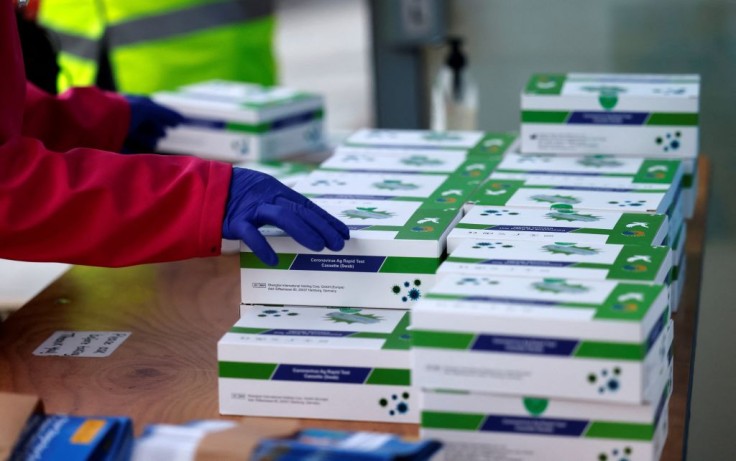
As cases of community infection rise across the U.S. this January 2022, the U.S. Federal Trade Commission (FTC) has issued a warning to parents and consumers to be careful about buying fake COVID-19 tests.
In a post on the FTC official site, Colleen Tressler of the Division of Consumer and Business Education said that fake COVID-19 tests are not simply a waste of money. It also increases a person's risk of "unknowingly spreading" the virus since the fake tests are inaccurate.
Tressler noted that she's not surprised that fake COVID-19 tests exist since the U.S. Food and Drug Administration (FDA) has also issued a warning in November 2021 against scammers and opportunists who sell unauthorized testing kits online. Because of the increasing demands for this convenient product, several consumer experts also warned their states against pop-up stores with fake kits.
Read Also: Dogs Detecting COVID-19 Working in Some Massachusetts School
Here are some ways to avoid paying for a fake test:
1. The kits should be FDA-approved.
It's very easy to refer to the FDA website for a list of approved at-home test kits. Some of the more popular brands include Abbott BinaxNow and Quidel QuickVue. The FDA also keeps a separate list of fake products if you carefully explore the official site.
2. Only buy from reputable stores.
The FDA basically has trusted online sites as well, which consists of major, reputable pharmacies and retail stores like Walmart, Walgreens, or CVS. However, be aware that these stores have announced they will limit the number of at-home kits sold per customer since stocks are depleting fast. Hence, many customers are forced to look for other sources.
A popular site like Amazon may have both authorized and fake COVID-19 tests. The key to verifying this is to look at the entity selling the item. Take note that Amazon, and similar shopping sites, have third-party sellers on their platforms, which means that you could end up transacting with a scammer.
If you're unsure about the seller, look at the reviews or feedback on the platform. Better yet, google the name and see if they have been involved in a complaint. The FTC said red flags might appear if you do your proper research first.
3. Don't take feedback at face value.
If the seller or store has some reviews, don't take these at face value. Make a comparison with other sites, or better, ask for some feedback from your own circle. You might have friends on social media who have had transactions from these sites. According to the FTC, the comparison will help form the right decision.
4. Use your credit card for purchases.
Per Tressler, it's easier to dispute a transaction if there are records to trace. You could file for dispute with the credit card company and get your money back if the seller has proven fraudulent.
Take note that the White House is also aware of the increasing incidents of fake COVID-19 tests. Thus, President Joe Biden has asked insurance companies to cover this benefit. So, ask your insurer about it so you won't be wasting money.